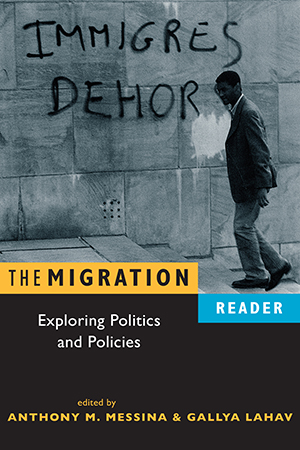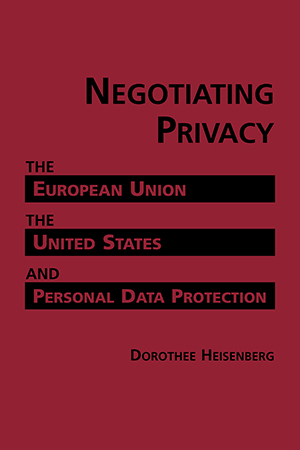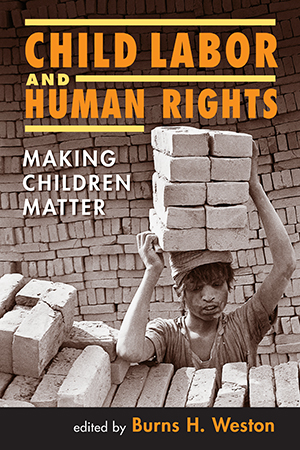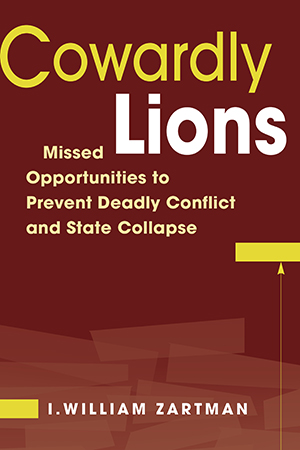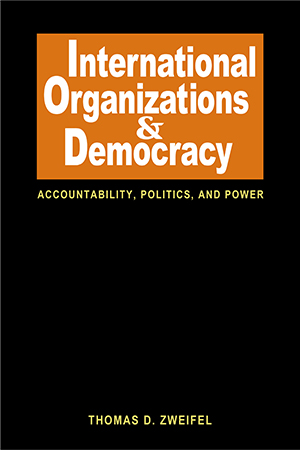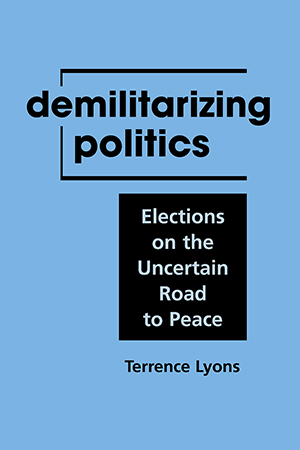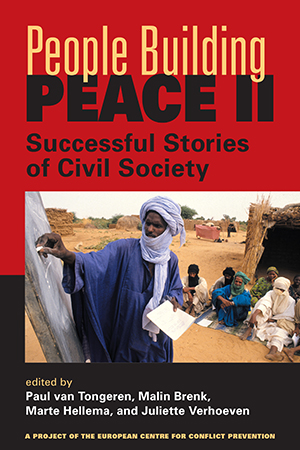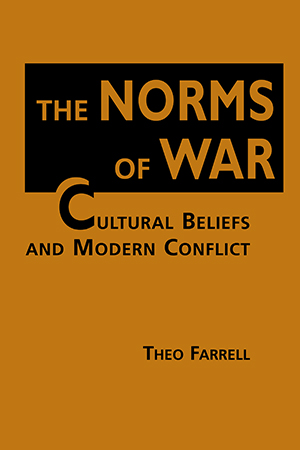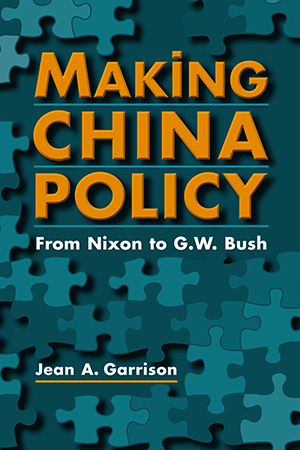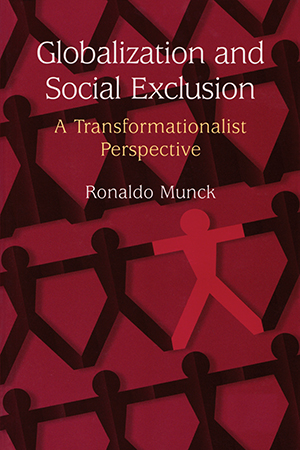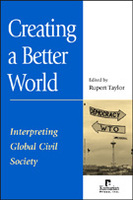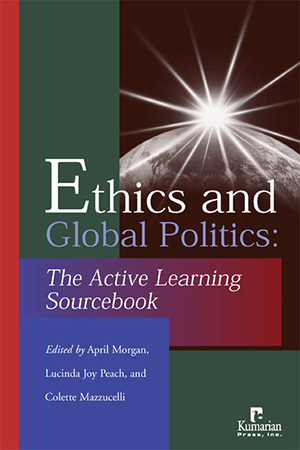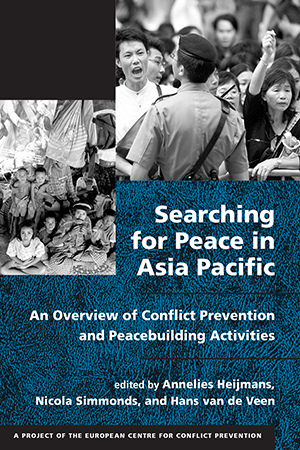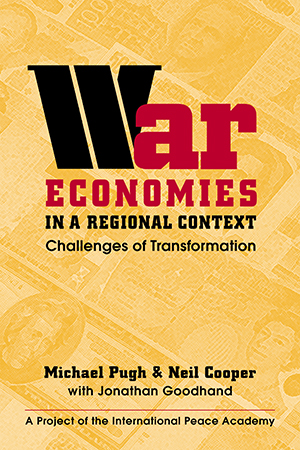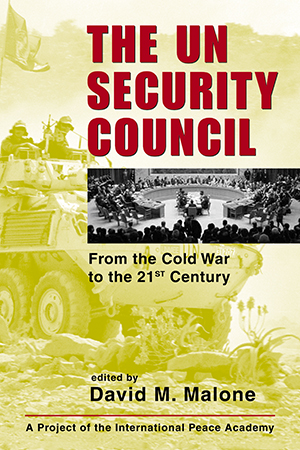International Relations (all books)
The Migration Reader introduces the key articles and documents that analyze the complex phenomenon of transnational migration and the challenges it poses for contemporary societies, states, More >
How did the European Union come to be the global leader in setting data privacy standards? And what is the significance of this development? Dorothee Heisenberg traces the origins of the More >
The International Labour Organization estimated in 2000 that, of the approximately 246 million children engaged in labor worldwide, 171 million were working in situations harmful to their More >
What would have happened had the "road not taken" been the chosen action in past conflict interventions? What can we learn from a close look at alternatives that were not selected? More >
Do international organizations represent the interests of the global citizenry? Or are they merely vehicles for the agendas of powerful nations and special interests? Thomas Zweifel explores More >
With the increasing use of elections as a tool for peacebuilding after civil war, the question of why some postconflict elections succeed and others fail is a crucial one. Tackling this More >
Individuals can make a difference working for peace worldwide. That is the message of People Building Peace II, an inspiring collection of stories of how "ordinary" men and women More >
Although the horrors of war are manifest, academic debate is dominated by accounts that reinforce the concept of warfare as a rational project. Seeking to explain this paradox—to More >
What explains the twists and turns in US-China relations since Richard Nixon initiated a policy of engagement in the early 1970s? Addressing this question, Jean Garrison examines the More >
When global economies integrate, what disintegrates as a result? The answer, Ronaldo Munck contends, is social equality. To illustrate how globalization deepens existing inequities, Munck More >
The term "global civil society" has become a catchphrase of our times. But efforts to define and interpret what global civil society actually is have led to ambiguity and dispute. More >
Who should take moral and ethical responsibility for the world's critical issues? What obligations do individuals and multinational corporations have to the rest of the world, and whose More >
Third in an acclaimed series, Searching for Peace in Asia Pacific offers critical background information, up-to-date surveys of the conflicts in the region and a directory of some 400 More >
Confronting the corrosive influence that war economies typically have on the prospects for peace in war-torn societies, this study critically analyzes current policy responses and More >
The nature and scope of UN Security Council decisions—significantly changed in the post-Cold War era—have enormous implications for the conduct of foreign policy. The United More >



